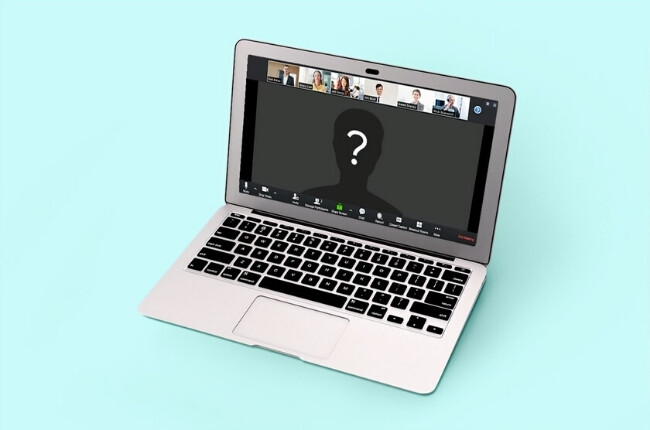Tips to Help Secure Top Speaking Slots
Typically, most public relations plans are built on a foundation of content development and media relations efforts. However, an increasingly popular ask from clients is how to get speaking engagements at top industry conferences. Your clients want to get out there and showcase their expertise and share their knowledge with colleagues. A speaking opportunity offers your client the chance to provide thought leadership and network with attendees to develop business leads. The opportunities are seemingly endless.
While in-person events are currently canceled or postponed due to COVID-19, the following are helpful PR hacks to keep in mind when securing a speaking gig for your client, when the pandemic subsides. These tips can also be useful when trying to secure virtual speaking slots as organisations have moved events online for the foreseeable future. If you are looking for tips on how to plan and leverage your own virtual event, please download our How to Adapt Your Marketing Strategy: 10 Pivots for Brand Performance guide.
Planning and Organisation is Crucial
Planning is key to any successful effort. Identify a list of conferences that align with your client’s desired business goals, areas of expertise, and target audience. On average, Statista estimates U.S. organisations plan to attend approximately 14.5 national events. So don’t hesitate to build a robust list of opportunities as a step in your PR tactics because your client will likely be interested in several different opportunities.

Once you identify a list of potential events, start gathering dates, contact information, submission deadlines, etc. The majority of conferences begin accepting speaker applications several months in advance, sometimes up to 10 months ahead of an event. We suggest building out a calendar or a spreadsheet to organise all submissions opportunities.
Remember to pay close attention to deadlines and don’t wait until the last minute. You may also want to consider building in extra time by giving your client a “deadline” well ahead of the actual deadline to prevent a last-minute scramble.
Get Creative With Your Submission
Conferences often provide a list of desired topics or tracks. However, some events don’t supply a list of desired topics and instead urge people to submit new ideas that align with the overall industry focus of the upcoming event.
If this is the case, first review topics from previous years to see what has previously been discussed. Avoid repeating a topic that has been covered in the past. Once you have investigated past topics, start crafting your submission.
Offer something unique and make sure your submission stands out from the field. Get creative and plan to take your presentation beyond a series of PowerPoint slides. Explain how you will incorporate video, sound, and other elements to keep the audience engaged and entertained while still providing valuable insight.
This may seem but obvious but vet any potential speaker to make certain they have experience delivering quality presentations and are passionate about the topic. Some conferences will ask for examples of previous presentations by potential speakers so be prepared to supply that information. If this is your client’s first speaking engagement, make sure you build in time to rehearse the presentation.

Follow the Submission Rules
An important yet often overlooked step in the speaker submission process, follow all instructions. Make sure you are providing all the necessary information and submitting it exactly how organisers want it. Conference planners are bombarded by submissions. Often they are unable to get to and review all submissions. Failing to follow the guidelines could lead to a submission automatically being rejected.
Submissions can vary from very short and succinct to much more detailed. So double and triple check all submissions to confirm you didn’t miss any information.
Missed the Deadline?
Finally, it never hurts to circle back at the last minute and offer someone as a thought leader for a panel. Often at the last minute, conference planners will put a call-out on social media looking for subject matter experts to round out panel discussions or replace someone that dropped out of his or her slot. If you missed the speaker submission deadline or weren’t originally selected as a keynote speaker, check in with your contact and see if there is any way you can help their effort. This also helps build a relationship with an event organiser and can help jumpstart the process for the following year’s event.
Tuck these tips in your back pocket and secure your next speaking opportunity once we return to business as usual. In the meantime, check out our PR services. To learn more about how we can support your brand, contact us today.


